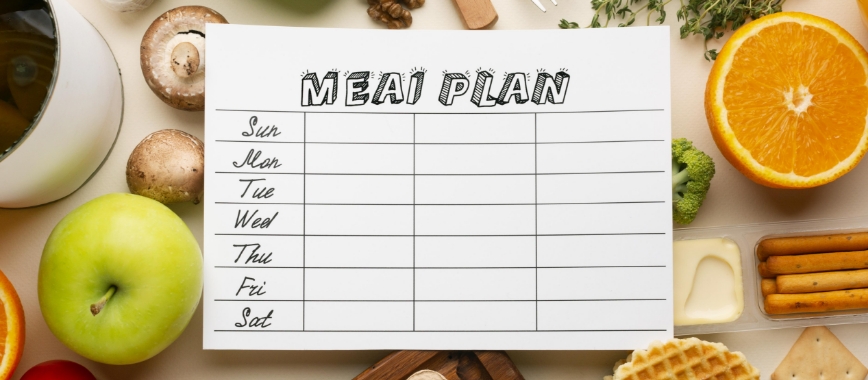Search Healthy Tips here
- Please wait..
Explore categories
What is the perfect diet chart for the human body?

In the pursuit of optimal health and well-being, many people wonder about the existence of a perfect diet chart that suits every human body. However, it's important to acknowledge that each person's dietary needs are unique, influenced by factors such as genetics, lifestyle, age, and underlying health conditions. In this blog post, we'll explore the concept of the perfect diet chart and provide practical guidelines for nurturing your body with a personalized approach.
Embrace Variety and Balance:
Rather than searching for a one-size-fits-all diet, focus on incorporating a variety of whole foods into your meals. A balanced diet typically includes a range of fruits, vegetables, whole grains, lean proteins, and healthy fats. This ensures a diverse array of nutrients that support different aspects of your health.
Prioritize Nutrient-Dense Foods:
Opt for nutrient-dense foods that provide a wealth of essential vitamins, minerals, and antioxidants. These include leafy greens, colourful vegetables, berries, lean meats, fish, nuts, seeds, and legumes. Nutrient density should be the guiding principle in constructing your diet chart.
Listen to Your Body's Cues:
Pay attention to how different foods make you feel. Your body often provides subtle cues about its nutritional needs and intolerances. Experiment with various food groups and observe how they affect your energy levels, digestion, mood, and overall well-being. This self-awareness can guide you towards the foods that work best for you.
Consider Personal Factors:
Consider your unique circumstances when designing your diet chart. Factors such as age, sex, activity level, and any underlying health conditions or dietary restrictions should be taken into account. For example, pregnant women have different nutrient requirements than athletes or individuals with specific medical conditions.
Stay Hydrated:
Water is essential for maintaining optimal bodily functions. Make sure to drink enough water throughout the day to stay hydrated. The amount of water needed can vary depending on factors like climate, activity level, and individual needs. Aim for at least 8 cups (64 ounces) of water per day as a general guideline.
Seek Professional Guidance:
If you're unsure about creating a personalized diet chart, consider consulting a registered dietitian or nutritionist. These professionals can assess your individual needs, provide expert advice, and help you develop a tailored dietary plan that aligns with your goals and health requirements.
While there is no one perfect diet chart that fits all human bodies, you can nourish yourself by embracing a variety of whole foods, prioritising nutrient density, and listening to your body's cues. Remember, your diet should be flexible and adaptable, catering to your unique circumstances and health needs.
By adopting a personalized approach to nutrition and seeking professional guidance when necessary, you can create a sustainable and fulfilling dietary plan that supports your overall well-being.







